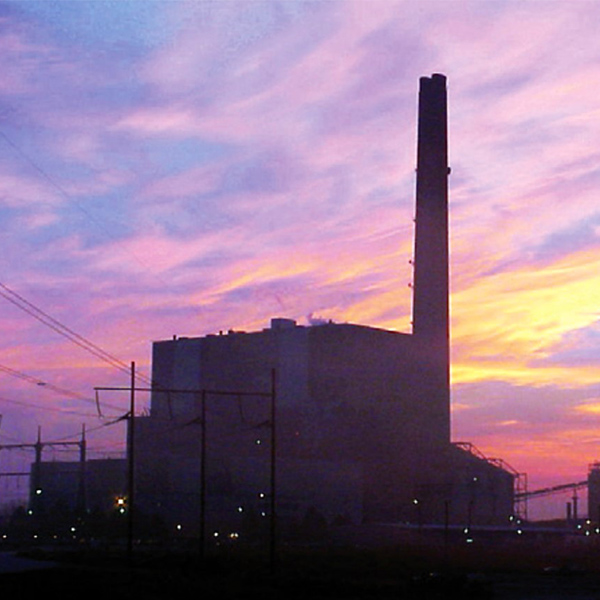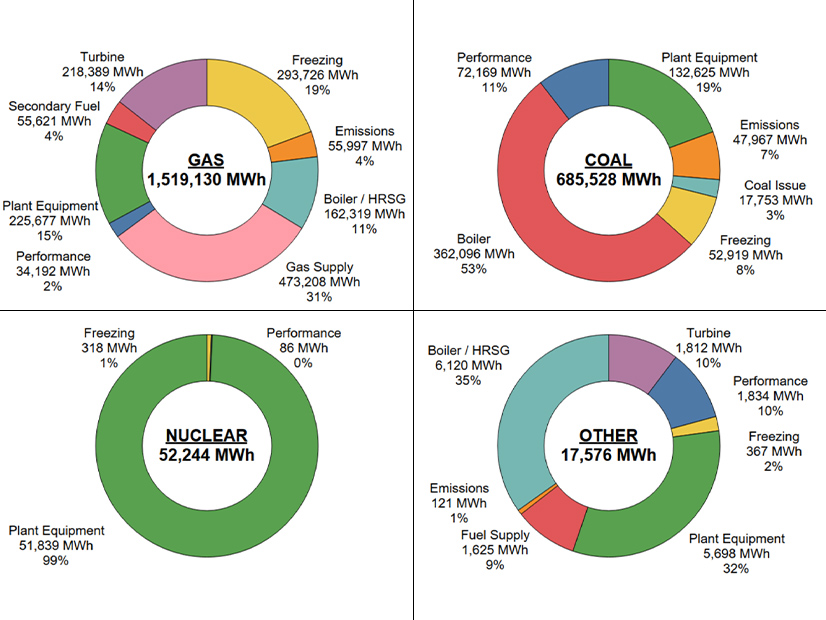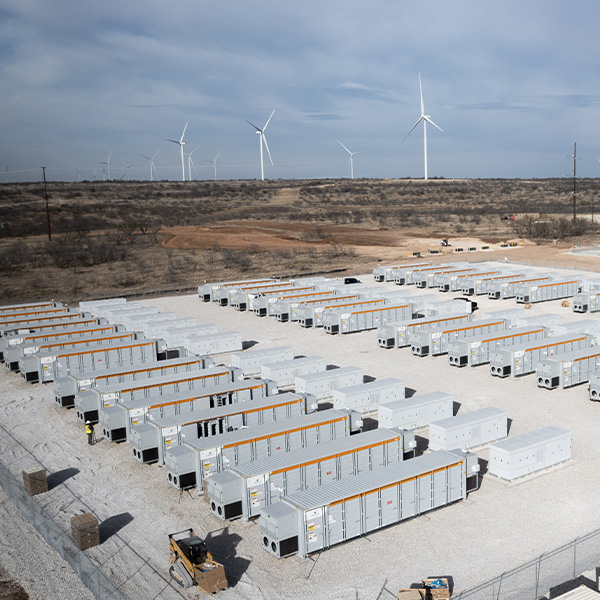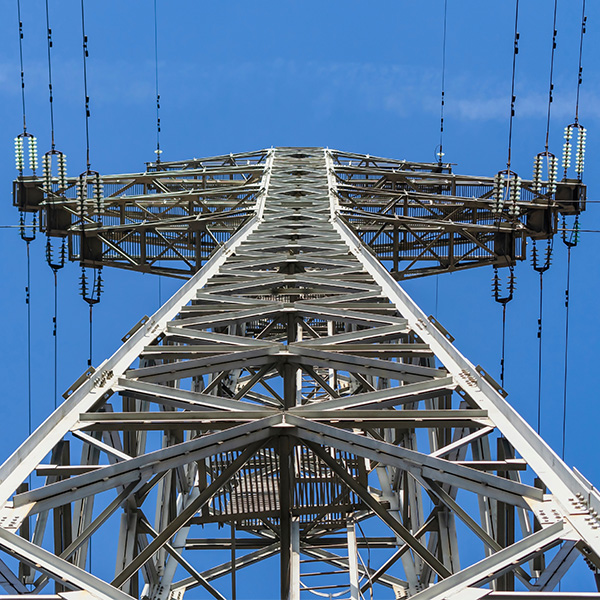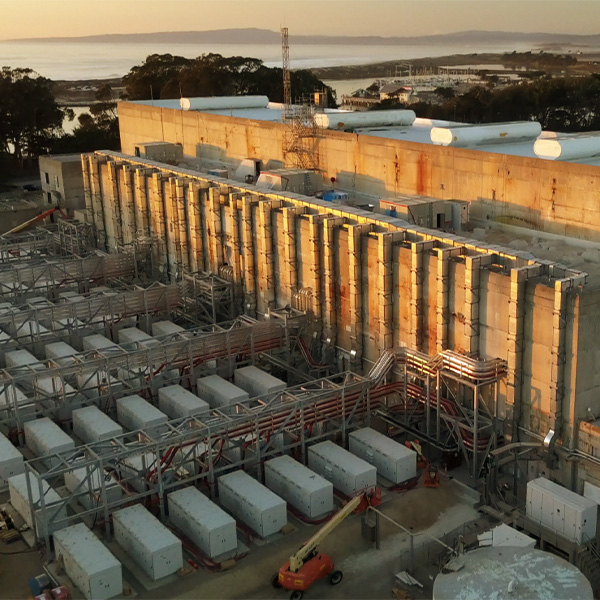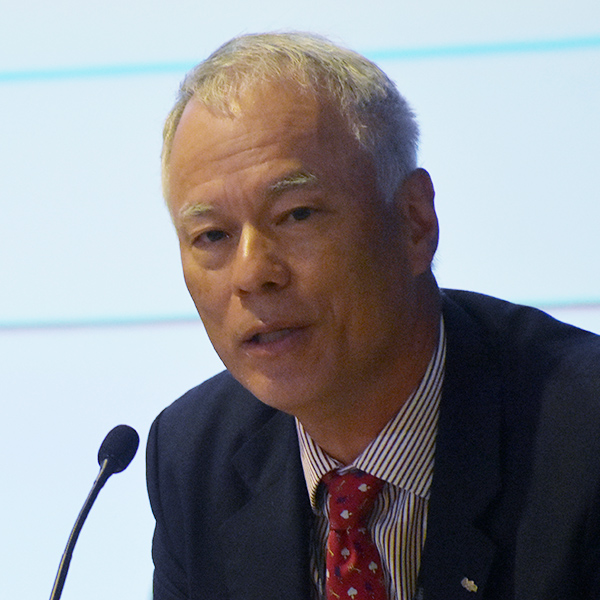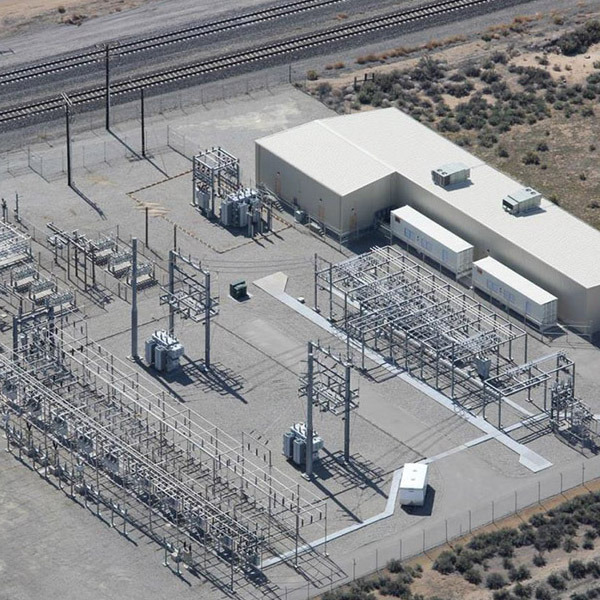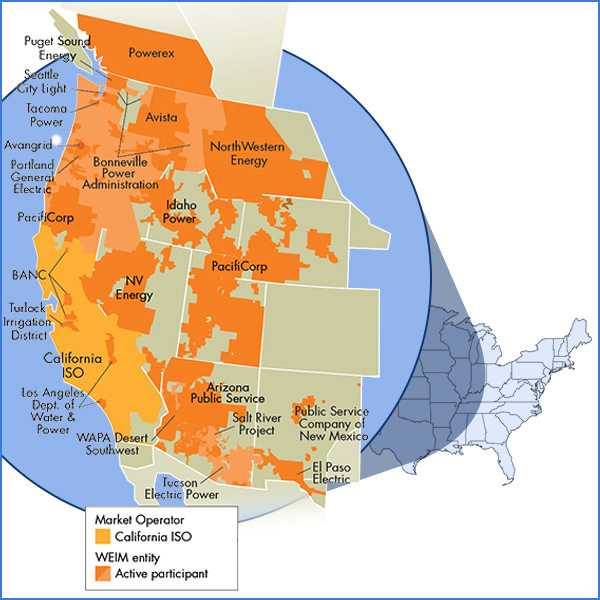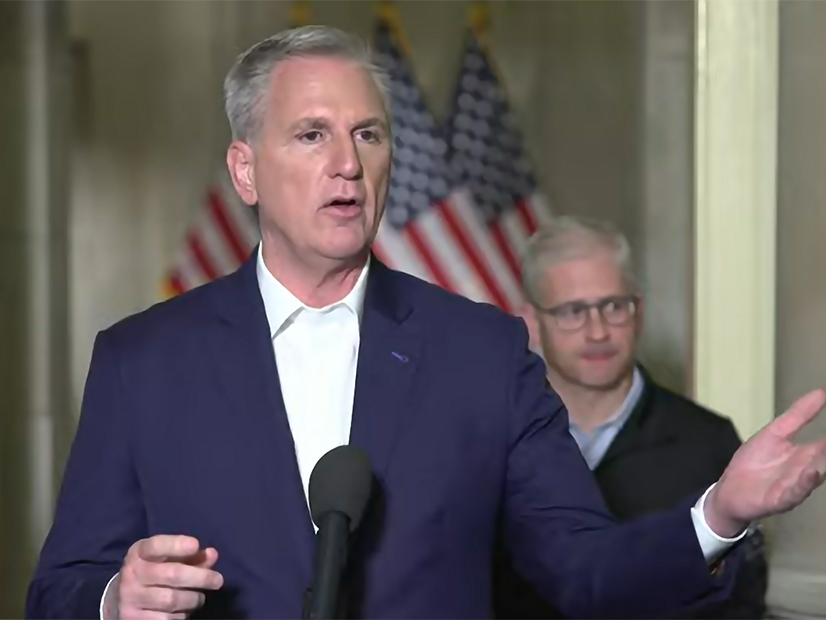FERC & Federal
The Federal Energy Regulatory Commission is an independent regulatory agency that oversees the transmission of electricity, natural gas and oil in interstate commerce, as well as regulating hydroelectric dams and natural gas facilities.
MISO announced that it will likely be forced to renew the system support resource agreement of a Missouri coal plant for almost two more years.
FERC OK'd settlement judge procedures to resolve complaints that generators filed against PJM’s assessment of penalties for underperformance in December 2022.
FERC has approved SPP’s tariff revisions to its transmission planning process that establish new study processes for transmission-owning members.
Debt deal limits page counts and time on environmental reviews under the National Environmental Policy Act, but other work remains, and frustrations surface.
FERC on Thursday approved energy storage and reliability improvement rules that help ensure CAISO will be able to meet needs.
PJM is weeks away from the scheduled date for the 2025/26 Base Residual Auction without an order from FERC on whether it will be permitted to delay the auction.
Industry and Department of Energy experts say long-duration energy storage is key to growing renewable energy and fixing the new transmission project backlog.
FERC approved changes to WEIM's resource sufficiency evaluation, including allowing transfers to members that fail to meet their RSE obligations.

Minesweeper, CC BY-SA 3.0, via Wikimedia Commons
FERC approves Pacific Gas and Electric’s transaction to spin off its non-nuclear generation — more than 5,000 MW — to new subsidiary Pacific Generation.
A debt ceiling compromise reached by President Biden and House Speaker McCarthy would cut NEPA review times but would not roll back IRA climate provisions.
Want more? Advanced Search
